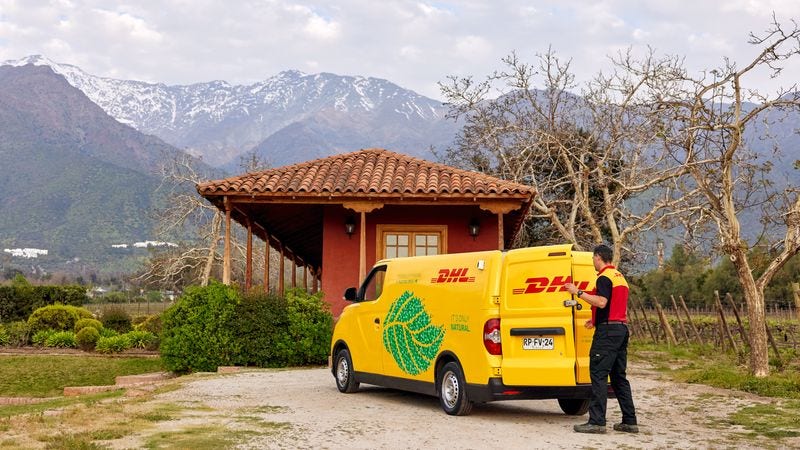New Zealand’s wine industry has long been synonymous with quality and innovation. In recent years, it has also become a global leader in sustainability, setting benchmarks that inspire businesses worldwide. This commitment to sustainable practices supports environmental health and offers competitive advantages in the international market. Let's explore how New Zealand’s wine industry is leading the way in sustainable viticulture and winemaking.
Sustainability in winemaking
Sustainable practices are at the heart of New Zealand’s wine industry. These efforts encompass a range of strategies designed to minimise environmental impact and promote long-term ecological balance. Key practices include:
- Organic production: Many New Zealand wineries have transitioned to organic farming methods. By eliminating synthetic pesticides and fertilisers, they reduce soil and water pollution, promoting healthier ecosystems. Organic certification has become a mark of quality and sustainability, attracting eco-conscious consumers.
- Water conservation: Water is a precious resource, and New Zealand’s wine industry is pioneering techniques to conserve it. Advanced irrigation systems, rainwater harvesting, and drought-resistant grape varieties are just a few methods to ensure efficient and sustainable water use.
- Carbon footprint reduction: The wine industry in New Zealand is committed to reducing its carbon footprint. This includes initiatives like using renewable energy sources, optimising transportation, and investing in energy-efficient technologies. These efforts not only reduce greenhouse gas emissions but also lower operational costs, showcasing what is sustainable wine production at its best.
Global benchmarking
New Zealand’s wine industry doesn’t just meet global standards for sustainability; it sets them. The industry’s rigorous approach to sustainable winegrowing practices has made it a benchmark for others to follow. This leadership is reflected in various ways:
- Certification programmes: The industry adheres to stringent certification programmes such as Sustainable Winegrowing New Zealand (SWNZ). These programmes ensure that wineries and vineyards adhere to high standards of environmental, social, and economic sustainability.
- Market impact: Sustainable practices have significantly enhanced the international marketability of New Zealand wines. Consumers around the globe increasingly favour eco-friendly products, and the commitment to sustainability adds a layer of appeal to New Zealand wines. This trend is evident in the growing demand for sustainable wine in key markets.
Market advantages
Embracing sustainability provides the New Zealand wine industry with a competitive edge on the global stage. The benefits include:
- Consumer preference: There is a clear trend towards eco-friendly products among consumers. By prioritising sustainable practices, New Zealand wineries meet the demands of this growing market segment. Sustainable product labels and certifications are now significant factors in purchasing decisions, offering a distinct advantage to New Zealand wines.
- Brand loyalty: Sustainable practices foster stronger connections with consumers. Transparency in production methods and a commitment to sustainability enhance brand loyalty and customer trust. As more consumers seek out sustainable business practices, New Zealand wineries are well-positioned to capitalise on this preference.









